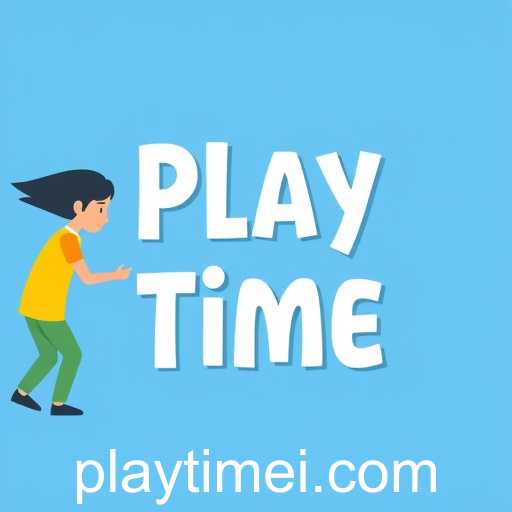In the digital age, vocabulary games have become a popular category on educational websites, captivating users with the keyword 'play time.' These games are not merely for entertainment; they serve as powerful tools for language acquisition. By combining fun with learning, vocabulary games engage players of all ages, helping to expand their lexicons and improve their communication skills.
Vocabulary games vary in design, but all aim to facilitate the learning of new words, their meanings, and proper usage. Word scrambles, crosswords, and matching games are some examples that require players to think critically and make connections between concepts. This interactive approach to learning is a drastic shift from traditional rote memorization, making the process more enjoyable and impactful.
One of the key benefits of vocabulary games is that they cater to different learning styles. Visual learners can benefit from word puzzles that incorporate images, while auditory learners may prefer games with spoken language elements. Furthermore, these games are aligned with the concept of spaced repetition, which helps in cementing new vocabulary into long-term memory through regular exposure and usage over time.
The element of 'play time' adds an important motivational component. Players are likely to spend more time engaging with educational content when it is presented in a playful and competitive manner. This increases the opportunity for practice and reinforcement, crucial aspects of language mastery. Additionally, many vocabulary games include levels or rewards, providing a sense of achievement and encouraging progress.
Teachers and parents can leverage vocabulary games as supplemental resources in educational settings. These games can be used to introduce new vocabulary, reinforce learned words, or even assess language proficiency in a low-pressure environment. They also promote independent learning, allowing students to explore language topics at their own pace outside of classroom hours.
In conclusion, vocabulary games are more than just a pastime; they are effective educational tools that support language development by making learning fun and accessible. Whether integrated into school curricula or used for personal development, these games prove that expanding one's vocabulary does not have to be a tedious task. As technology continues to evolve, we can expect vocabulary games to become even more sophisticated, offering sophisticated and immersive experiences that inspire a lifelong love for learning.








